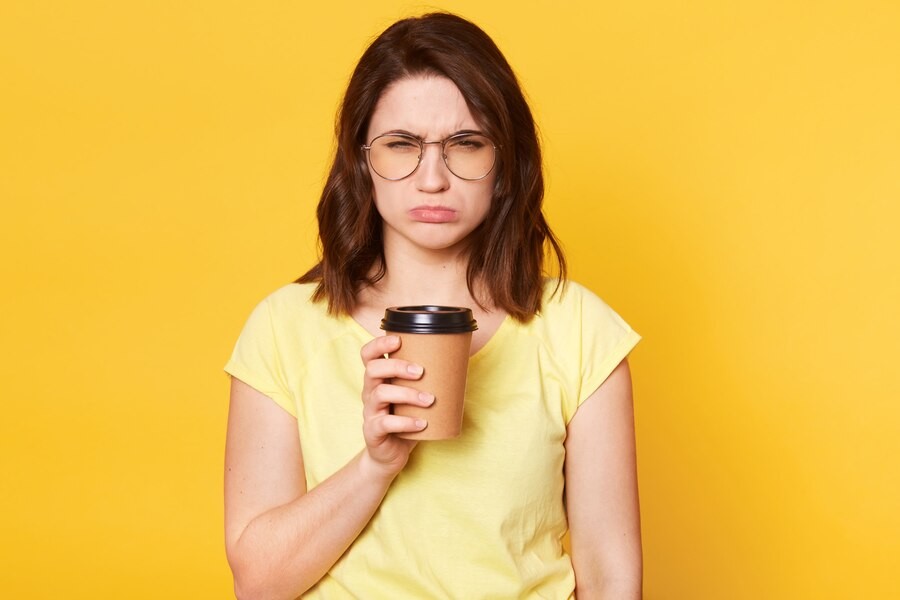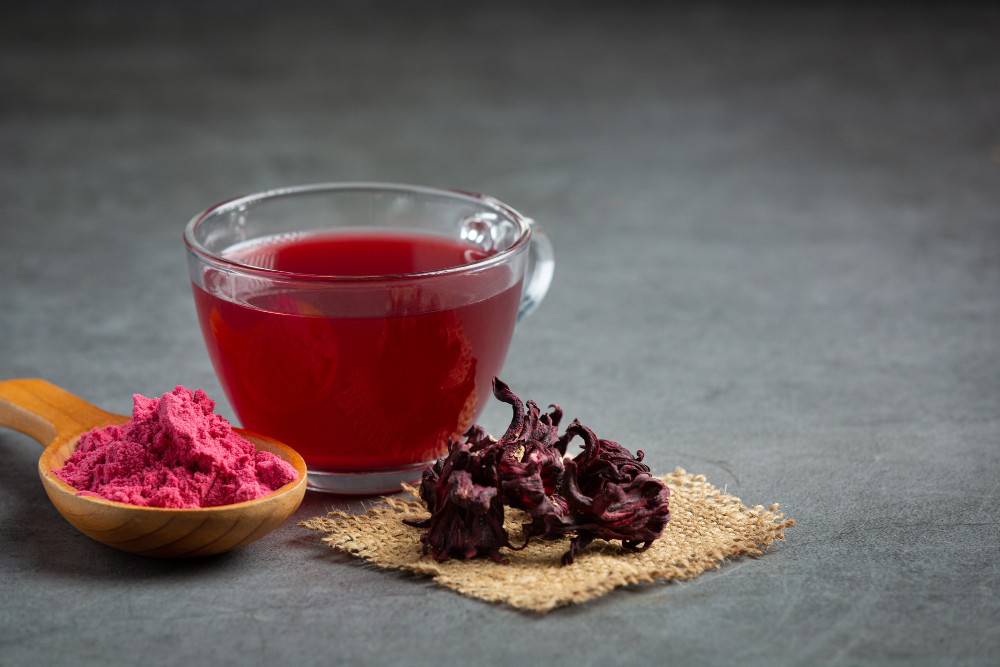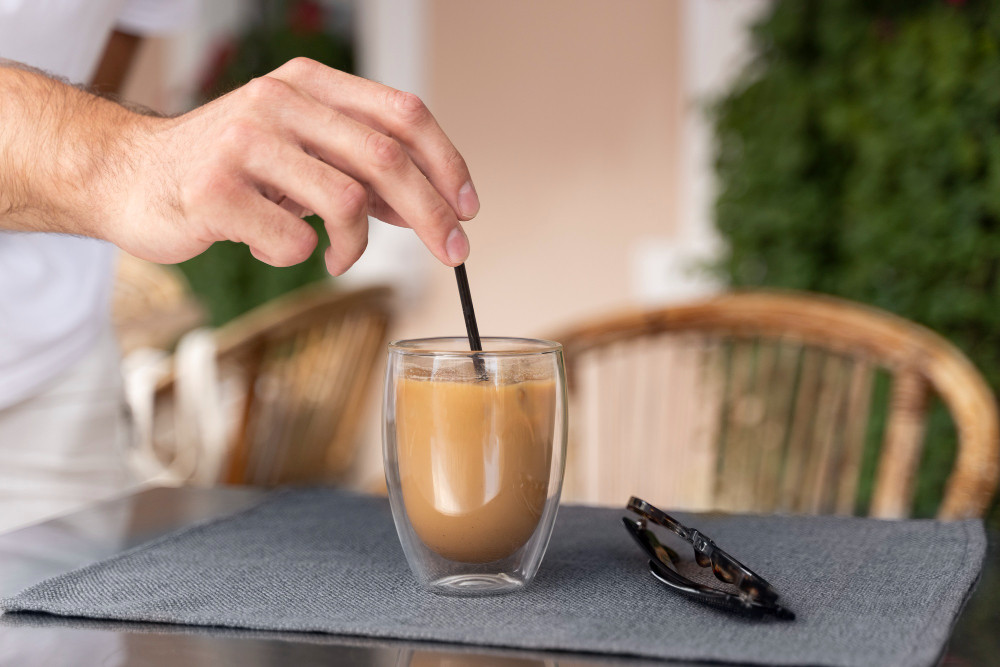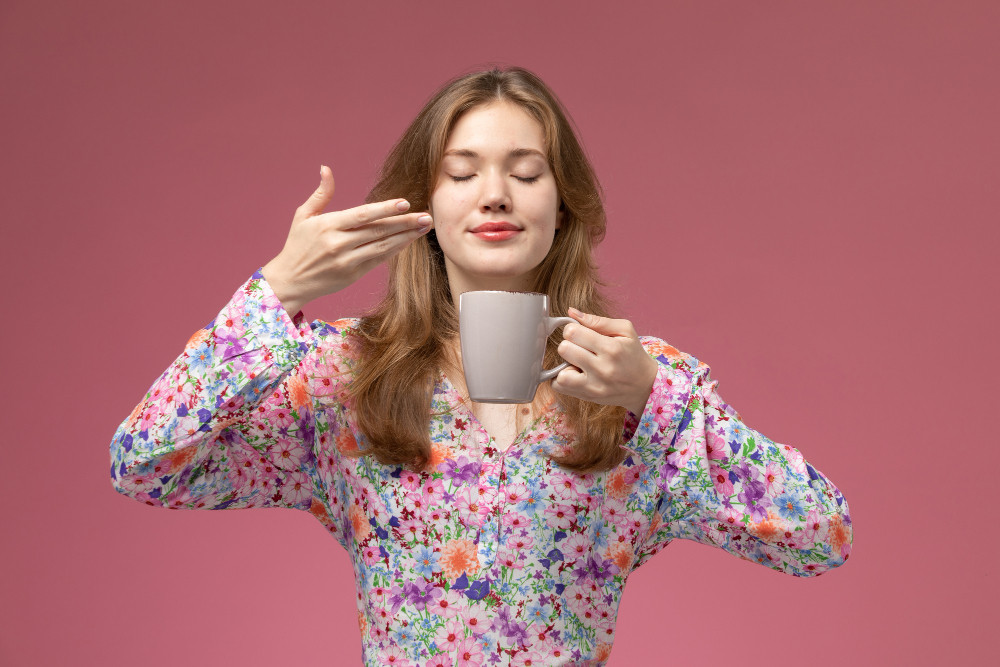Beberapa orang mungkin merasa mual setelah minum minuman berkafein seperti teh, kopi, minuman energi, atau beberapa jenis minuman bersoda. Ini bisa disebabkan oleh beberapa faktor yang memengaruhi tubuh setelah mengonsumsi kafein.
Sebagai zat stimulan, kafein memang dapat meningkatkan energi, kewaspadaan, dan konsentrasi terutama di pagi hari. Namun, bagi sebagian orang konsumsi kafein bisa menyebabkan efek samping yang tidak nyaman seperti mual.
Penyebab Mual Setelah Minum Minuman Berkafein
Minuman berkafein seperti kopi dan teh sering menjadi pilihan untuk menyegarkan tubuh dan meningkatkan energi. Namun, beberapa orang mungkin mengalami mual setelah mengonsumsinya.
Ada beberapa hal yang mungkin menjadi penyebab mual setelah minum kafein, antara lain:
Iritasi lambung
Salah satu penyebab utama mual setelah minum minuman berkafein adalah iritasi lambung. Kafein, terutama di dalam kopi memiliki sifat asam. Saat diminum, kafein akan merangsang produksi asam lambung yang menyebabkan peningkatan asam lambung.
Apabila minuman berkafein diminum dalam kondisi perut kosong, asam lambung yang meningkat dapat mengiritasi lambung dan menyebabkan perasaan tidak nyaman seperti mual, perih, dan mulas. Kondisi ini juga lebih sering dialami mereka yang memiliki masalah lambung tertentu seperti refluks asam dan gastritis.
Sensitif terhadap kafein
Setiap orang memiliki toleransi kafein yang berbeda-beda. Ada orang yang mampu mengonsumsi beberapa cangkir kopi dalam sehari, sementara yang lain mungkin bisa mengalami mual bahkan hanya dengan secangkir teh saja.
Orang yang lebih sensitif terhadap kafein cenderung mengalami gejala yang intens, termasuk mual, sakit kepala, detak jantung lebih cepat, dan gugup. Sensitivitas kafein ini dapat disebabkan oleh faktor genetik atau gaya hidup.
Baca Juga: Cara Mengatasi Gejala Putus Kafein (Caffeine Withdrawal) Saat Berpuasa
Efek dehidrasi
Kafein bersifat diuretik, artinya dapat meningkatkan produksi urine dan menyebabkan dehidrasi apabila dikonsumsi dalam jumlah berlebihan. Jika Anda tidak cukup minum air setelah mengonsumsi minuman berkafein, tubuh mungkin akan kehilangan lebih banyak cairan yang dibutuhkan.
Dehidrasi ringan seperti ini biasanya ditandai dengan beberapa gejala, termasuk pusing, lemas, dan mual.
Peningkatan produksi adrenalin
Kafein bekerja dengan cara merangsang sistem saraf pusat yang menyebabkan tubuh melepaskan lebih banyak hormon adrenalin. Hormon ini bertanggung jawab untuk meningkatkan kewaspadaan dan energi.
Namun, peningkatan adrenalin yang berlebihan dapat menyebabkan gejala seperti gemetar, detak jantung yang cepat, serta mual. Kondisi ini lebih mungkin terjadi apabila tubuh tidak terbiasa dengan asupan kafein yang tinggi.
Baca Juga: Ini Batas Asupan Kafein yang Aman untuk Ibu Hamil
Konsumsi kafein yang berlebihan atau terlalu cepat
Mengonsumsi kafein dalam jumlah besar atau terlalu cepat dalam satu waktu dapat menyebabkan tubuh mengalami lonjakan kafein. Lonjakan kafein ini dapat menimbulkan efek samping intens seperti mual, keringat dingin, perasaan gelisah, dan jantung berdebar.
Kondisi tersebut dikenal dengan istilah overdosis kafein. Dalam kondisi yang parah, Anda kafein dosis tinggi bisa mengganggu fungsi pernapasan terutama jika terjadi kejang atau gangguan jantung.
Untuk menghindari efek samping negatif dalam konsumsi kafein, disarankan untuk membatasi asupan kafein 400 mg pada orang dewasa sehat, setara dengan 4 cangkir kopi. Namun, karena sensitivitas kafein setiap orang bisa berbeda-beda, maka sebaiknya kurangi jumlah kafein yang Anda konsumsi, dan pilih jenis minuman yang rendah kafein.
Memiliki pertanyaan lain terkait dengan konsumsi minuman berkafein? Anda bisa berkonsultasi dengan dokter melalui layanan konsultasi kesehatan Ai Care yang dapat diunduh di App Store atau Play Store.
Mau tahu informasi seputar nutrisi, makanan dan tips diet lainnya? Cek di sini, ya!
- dr Nadia Opmalina
Carly Vandergriendt (2024). Is It Safe to Have an Energy Drink on an Empty Stomach?. Available from: https://www.healthline.com/health/energy-drinks-on-empty-stomach
WebMD (2020). Caffeine - Uses, Side Effects, and More. Available from: https://www.webmd.com/vitamins/ai/ingredientmono-979/caffeine
Mayo Clinic (2022). Caffeine: How much is too much?. Available from: https://www.mayoclinic.org/healthy-lifestyle/nutrition-and-healthy-eating/in-depth/caffeine/art-20045678
Timothy Huzar (2023). Should people with GERD avoid caffeine?. Available from: https://www.medicalnewstoday.com/articles/323333
Daniel More, MD (2024). An Overview of Caffeine Sensitivity. Available from: https://www.verywellhealth.com/caffeine-allergy-83178
Katherine Zeratsky, R.D., L.D. (2023). Do caffeinated drinks, such as coffee or energy drinks, hydrate you as well as water?. Available from: https://www.mayoclinic.org/healthy-lifestyle/nutrition-and-healthy-eating/expert-answers/caffeinated-drinks/faq-20057965
FDA (2024). Spilling the Beans: How Much Caffeine is Too Much?. Available from: https://www.fda.gov/consumers/consumer-updates/spilling-beans-how-much-caffeine-too-much












